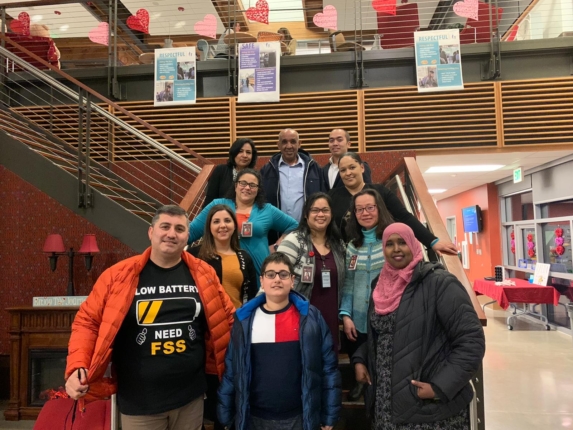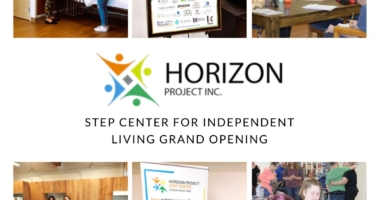
Projects Include the Use of Artificial Intelligence in Breast Cancer Screenings, the Creation of an Autism Center of Excellence and Planning for Inclusive, Multicultural Housing
The Kuni Foundation awarded just over $1 million to support 19 projects that advance cancer research and promote vibrancy and inclusion for people experiencing intellectual and developmental disabilities (IDD).
“Imagination Grants reflect our commitment to investing in people and projects that inspire, innovate and experiment,” said Greg Goodwin, Kuni Foundation Board Chair. “We’re excited about the range of creative approaches expressed in this most recent round of grants.”
Just over $300,000 was awarded to nine efforts supporting people who experience intellectual and developmental disabilities, ranging from advocacy and coalition building to the arts and multicultural housing.
According to the Centers for Disease Control and Prevention, about one out of every 54 children have been identified with autism spectrum disorder. Access to diagnosis and intervention is delayed and reduced for people of color and those living in remote, rural areas. Oregon Health & Science University (OHSU) has the state’s largest clinical program for the treatment of autism. To help build capacity, collaboration and expand services, OHSU received $50,000 to help develop an Autism Center of Excellence.
“This capacity building grant from the Kuni Foundation will provide us with the launch pad we need to start our Autism Center at a critical time.” Eric Fombonne, M.D., Professor of Psychiatry, OHSU.
Expanding Housing Access
A new co-housing model in Shoreline, Washington, received $50,000 to help plan a new inclusive community for people who experience IDD. Community Homes provides affordable and supportive housing for adults experiencing IDD, in addition to navigation and support.
Open Doors for Multicultural Families provides culturally and linguistically relevant information, services, and programming to culturally diverse people experiencing IDD. Based in Redmond, Washington, the organization received a $50,000 grant to support the initial plan for a new housing effort.
“People experiencing disabilities are the drivers of the planning, design and development of the Multicultural Village housing project, said Ginger Kwan, executive director of Open Doors for Multicultural Families. “By gathering their feedback and lifting their voices, we will build options that provide opportunities for home ownership and create a multicultural community center. Kuni Foundation has played a critical role in realizing this vision, planting the seed for this project to grow.”
Ten cancer research initiatives received just over $700,000 for efforts ranging from treatments for brain and bladder cancers to the use of artificial intelligence. Christoph Lee, MD, MS, MBA, and professor of Radiology at the University of Washington (UW) School of Medicine, received $75,000 for the regional expansion of artificial intelligence-driven breast cancer screenings. Dr. Lara Davis, Associate Professor of Medical and Pediatric Oncology and the Director of the Sarcoma Program at the Knight Cancer Center, received $75,000 to pursue better outcomes for women diagnosed with Uterine leiomyosarcoma. This rare and aggressive cancer affects thousands of women each year with a mortality rate of more than 50 percent.
About the Kuni Foundation:
Based in Vancouver, Washington, the Kuni Foundation funds cancer research and supports programs and initiatives that enhance the lives of adults who experience intellectual and developmental disabilities. Learn more at www.kunifoundation.org or via Twitter: @KuniFoundation.




